Male supremacy is fused into the language, so that every sentence both heralds and affirms it
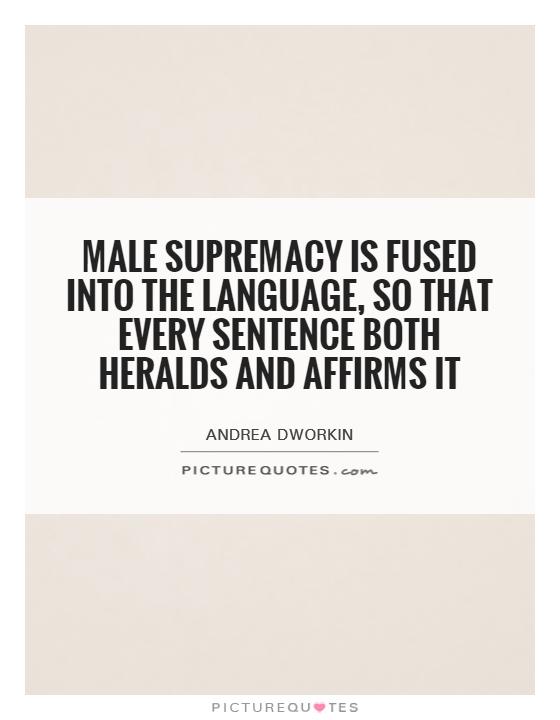
Male supremacy is fused into the language, so that every sentence both heralds and affirms it
Andrea Dworkin was a prominent feminist writer and activist who dedicated her life to exposing and challenging the pervasive influence of male supremacy in society. One of the key ways in which she highlighted this issue was through her analysis of language and how it perpetuates and reinforces patriarchal power structures.Dworkin argued that male supremacy is deeply ingrained in the very fabric of language, so much so that every sentence we speak or write is tainted by it. This is because language is not neutral – it reflects and shapes the values and beliefs of the society in which it is used. In a patriarchal society, where men hold the majority of power and privilege, language becomes a tool for maintaining and perpetuating that power dynamic.
One of the ways in which male supremacy is fused into language is through the use of gendered language. Dworkin pointed out that in many languages, including English, male pronouns are often used as the default, while female pronouns are relegated to secondary status. This not only reflects the marginalization of women in society, but also reinforces the idea that men are the norm and women are the exception.
Furthermore, Dworkin argued that the very structure of language itself is inherently patriarchal. She believed that the way in which sentences are constructed, with subjects acting upon objects, mirrors the power dynamics of a patriarchal society where men are seen as active agents and women as passive objects. This linguistic structure not only reflects the unequal power relations between men and women, but also serves to perpetuate and reinforce them.
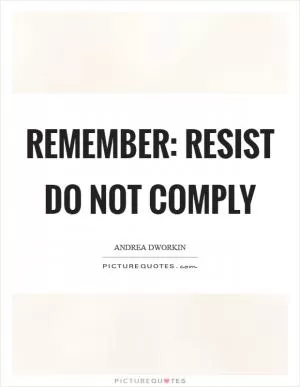
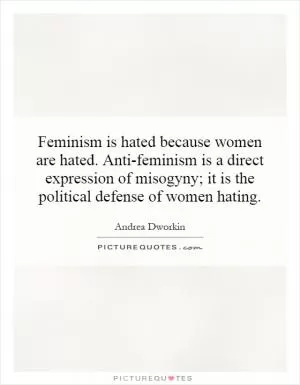
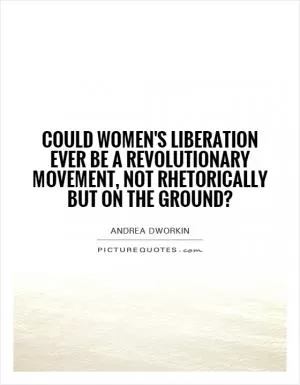
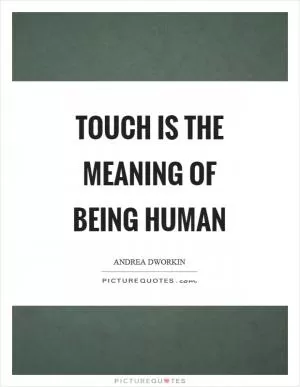


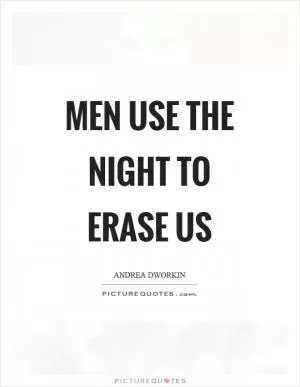



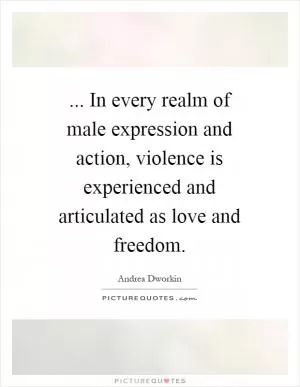
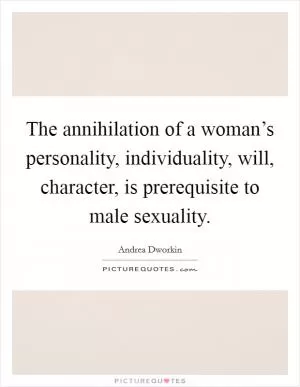
 Friendship Quotes
Friendship Quotes Love Quotes
Love Quotes Life Quotes
Life Quotes Funny Quotes
Funny Quotes Motivational Quotes
Motivational Quotes Inspirational Quotes
Inspirational Quotes